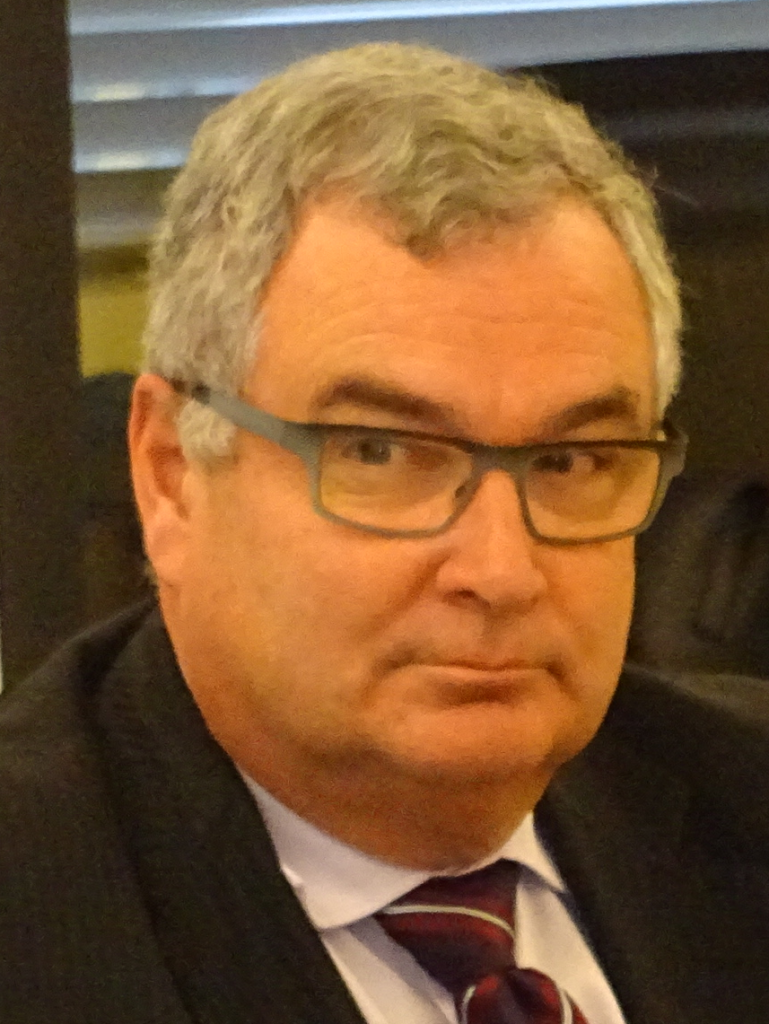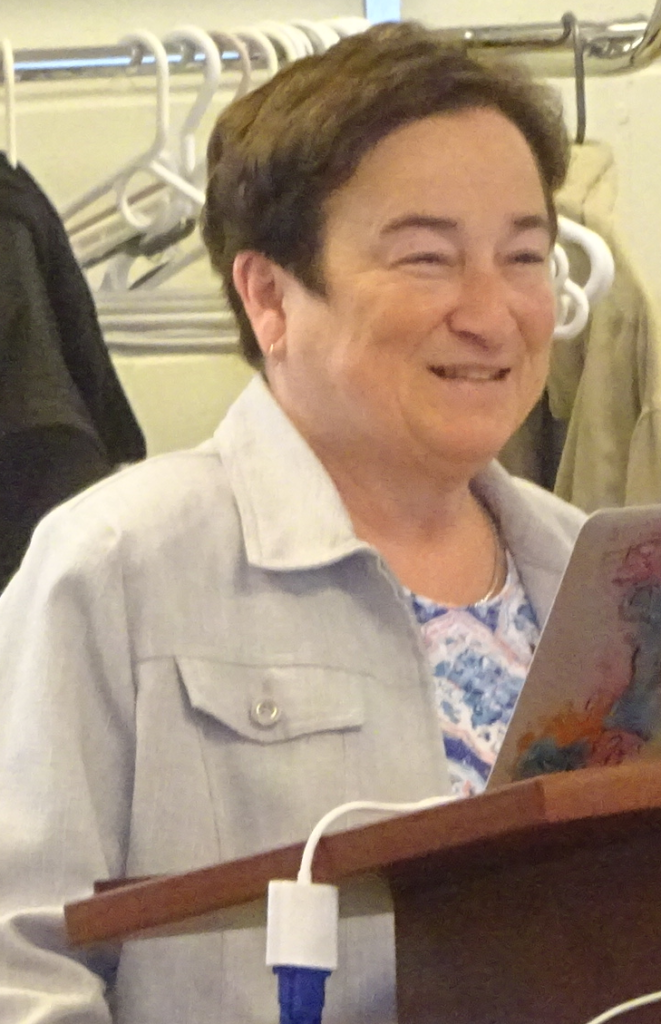 By Pepper Parr
By Pepper Parr
April 28th, 2022
BURLINGTON, ON
OPINION
Part 2 of a series
In the news game reporters have what they call sources.
They are frequently people working in a city hall department or someone in the private sector who can explain a complex document, process or procedure.
Mutual in trust is usually in place.
Each year during budget time calls would get made to the people working on different parts of a budget – a list of the reserves was always an issue.
The amount of money that was budgeted in a year but didn’t get spent often got placed in reserve budget which was often referred to the piggy bank and used by council members for favourite projects.
More often than not there were follow up questions to the experts; with both people on the line a clearer understanding of what are often complex issues is gained.
One of the more challenging was Development Charges – a contentious category for everyone.
Up until very recently Burlington was recovering less than 70% of what they spent handling development application work. It took a couple of expensive reports from consultants, and in the most recent set of discussion, long meetings with BILD (Building Industry and Land Development Association) and the West End Home Builders Association before a final figure was arrived at.
Development charges are very difficult to explain and at the same time a very significant part of the cost of buying a house that is under construction. Those development charges are all added to the cost of the residence.
Not something the average person fully understands.
Reporters have to wade through thick documents, try to understand the contents and the follow up with staff members.
That kind of thing is done at every newspaper, on line or print, in the country.
But that is not the way it works in Burlington.

Former City Manager James Ridge – fairly described as media adverse
The change began during the last years of the former City Manager James Ridge administration. What started in about 2016 is maintained by the current City Manager Tim Commisso.
Donna Kell was the communications coordinator at the time. Kwab Ako-Adjei was hired by Ridge and the game slowly changed.
Ako-AdjeiKwab gave Kell the chance to develop her career somewhere else
In a mature, professional organization Ako-Adjei would have reached out to the media and made a point of meeting the player’s and talked about how the two (media and administration) could best do their jobs. Access is the most important thing for media.
I first met Ako-Adjei at an event at the Waterfront Hotel – chatted for less than a minute; I was able to have a longer conversation several months later.
What we began to experience with Ako-Adjei and his staff was when we made a call to a staff member they would either tell us we had to call the communications department or if we reached out by email we would get a reply from one of the communications people who would ask what our questions was – they go away and come back with an answer.
None of the people who serve as communications staff have formal training in journalism or any work experience in journalism.
Most of them have a designation as a public relations specialist.
Public relations is in place to do everything possible to get out the story a corporation wants to get out and where there is a kaflooey, limit the damage and say as little as possible.
I want to share our most recent experience with access. It goes like this.
Sue Connor is the Director of Transit. She came to Burlington with an incredible reputation. The city was lucky to get her. She is seen and respected as a strong voice on the conversion of transit out of diesel into batteries or H20.
She takes part in the proceedings of CUTRIC (Canadian Urban Transit Research & Innovation Consortium) a solution based consulting company; leaders in the field.
We reached out to Sue asking if we could talk about the views she would be taking to the CUTRIC (Canadian Urban Transit Research & Innovation Consortium) conference which was taking place about a week or so later.

Sue Connor – An Executive Director and Director of Transit for Burlington.
Our interest was in Sue Connor as a respected leader in the move from diesel to a less climate damaging source of energy. She is a solid manager who runs one of the happiest, nicest places in the city to work
We got a call from the city communications people who asked what we wanted to ask Conner.
We explained that the event was not a city event and that Connor was attending the conference as an individual and not someone representing Burlington Transit.
Conner had advised the City Manager earlier in the month that she would retire at the end of the year. Shortly after that announcement Connor was elevated to the position of Executive Director filling the gap that was created when Heather MacDonald retired.
The end result was there was no interview with Sue Connor – which is unfortunate – she is one of the best on the ground thinkers in the transit business in the country and also ran one of the best operated departments in the city.
Policy and practice related to media come straight from the City Manager. While Ako-Adjei, has his finger prints all over every bit of information that comes out of city hall; he reports directly to Commisso.

Kwab Ako-Adjei
Kwab Ako-Adjei is leading an initiative known as One Burlington – it is there to polish the brand.
This is not a healthy situation and has to a considerable degree lessened the amount of information that gets through to the public
We are not the only people struggling with the communications department – several members of the very divided city Council have similar issues.
There is a link, not too difficult to find, between the messy Integrity Commissioners report that was really all about citizen access to information and the control everything communications department.
The root of all this is the office of the City Manager.
The City Manager gets his marching orders from City Council and this council is not going to lift a finger to bring about a change in the way city hall works with media
There are options that I will talk about in the future.
Part 1 of the series
The above are the opinions of the publisher of the Burlington Gazette, an online newspaper that was formed in 2010 and is a member of the National Newsmedia Council.




















The MMW approach is to limit public access where ever it benefits her politically. FACT: though there are minimum guidelines provided by the Municiple Act, it is up to each City Council to decide their own closed door protocol, i.e., ,how much they are willing to be transparent to the public. Burlington’s protocol is the least transparent of any municipality in southern Ontario. MMW and the City Manager can bang their chests and say they followed the “rules”, but they set the rules, and those rules say “disclose as little as possible to the public”. That is not the spirit or the norm. That is why the “City of Burlington retained and paid” Integrity Commissioner comments in his report that Burlington can “do better”. For a private third party company, reliant on the Burlington City for its next contract, the fact this IC went that far is damning.
Thank you for the clarity in how things work. It is unfortunate that City Hall still appears to be a closed book. I thought when MMW took over as Mayor, things would be different. She understands media well, being a journalist herself. I watch CHCH and YourTV quite a bit and, though they are informative, I’m wondering if it’s just one-sided. Everything seems to be hunky- dory there. The public has a voice on your platform. We read each other’s opinions. If we go to City Hall to delegate, we have 10 minutes and we cannot ask questions. They can ask us questions. I have written in over the years, but am finally feeling it’s no use. The buildings will go up and we will be asked to attend public input sessions, when decisions have already been made. Sad.